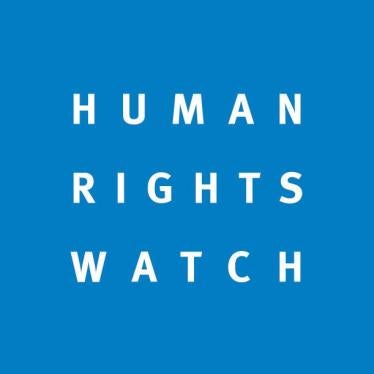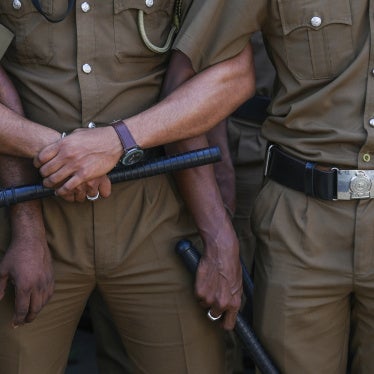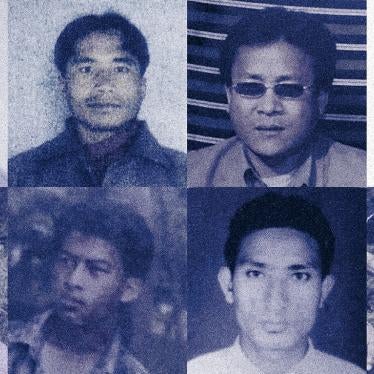Hong Kong’s deep reservoir of discontent is not, as Beijing contends, the result of efforts by “anti-China” forces. They are the local reactions of people who have no influence over policies that are rapidly changing their home.
“Love China and love Hong Kong,” says Hong Kong’s chief executive, Leung Chun-ying. In presenting his 15 July report to the central Chinese government, he proclaimed that it is “mainstream opinion” in Hong Kong that chief executives must have those feelings. The report also said that “mainstream opinion” believes that the power to nominate chief executive candidates should be vested in a committee like the current pro-Beijing structure, and that the legislature should not be democratized before the next elections.
Undoubtedly these are “mainstream opinions” in some circles. The statement certainly reflects the Chinese government’s views. But whether it accurately reflects broadly held views in Hong Kong - where public opinion surveys and mass pro-democracy protests have consistently demonstrated strong demand for genuine electoral reform - is the crux of the current crisis.
Emotions in Hong Kong are running high as debates over the territory’s byzantine, semi-democratic electoral process take place alongside anxieties about the future of autonomy here. In recent weeks, nearly 800,000 people voted in an unofficial referendum on making nominations for the top official in Hong Kong democratic, and more than half a million marched for democracy. But some people do believe that Hong Kong should accept what Beijing is willing to give, and that asking for more is asking for trouble.
For many in Hong Kong, the debate is not just about whether people have equal rights to vote and to run as candidates. It is more fundamentally about being able to shape the public policies that directly affect their lives.
Most people here say their quality of life has stagnated - if not deteriorated - since Hong Kong returned to China’s sovereignty, according to a recent opinion poll. In 2001, the median monthly income of young people was HK$8,000 (US$1,000); 10 years later, it is the same even though the consumer price index rose 12 percent.
Many feel that Hong Kong’s leadership is adopting policies that reflect China’s interests while ignoring the opinions, needs and rights of ordinary Hong Kong people. Hong Kong’s top leader is currently selected by a 1,200-member committee dominated by business elites and others with close ties to Beijing.
Many people are also apprehensive about the Hong Kong leadership’s pursuit ofgreater integration with the mainland. It is facilitating the permanent migration of at least 54,000 mainland Chinese a year, with eligibility vetted by mainland, not Hong Kong, authorities. The introduction of school-based “national education” similar to mainland educational propaganda, or the construction of anew town, whose critics fear a grand plan to merge Hong Kong with Shenzhen, across the border, are similarly deeply unpopular. Ultimately the concern is that Hong Kong people have no influence over policies that are rapidly changing their home.
The tensions in Hong Kong are not, as Beijing contends, the result of efforts by “anti-China” forces. They are local reactions of people who have enjoyed civil liberties, an independent judiciary, a free press, and a reasonably responsive government, but who see those realities increasingly threatened, and who have some sense of how these rights are denied just across the border.
This deep discontent needs to be addressed by making Hong Kong’s government representative and responsive to Hong Kongers’ views. But instead of letting Hong Kong move toward democracy, the central government has repeatedly interfered to thwart that process.
The more Beijing is perceived to be interfering in Hong Kong’s affairs, the more Hong Kongers have pushed back. In 2003, 500,000 people marched against an anti-subversion law that Beijing wanted the Hong Kong government to pass. This year, 510,000 people marched for democracy after Beijing issued a ‘white paper’ asserting “overall jurisdiction” over Hong Kong, and that Hong Kong “is limited to the level of autonomy granted by the central leadership.”
Tensions are likely to escalate as the Occupy Central movement threatens civil disobedience as early as late August, when China’s top legislative body, the National People’s Congress Standing Committee, is expected to make decisions about Hong Kong’s electoral reform. That the chief executive’s electoral reform report to the standing committee did not reflect strong demands for genuine democratic reform is ominous.
Beijing knows that if it grants greater political rights in Hong Kong, it is likely to come under greater pressure on the mainland for comparable rights. And if it denies greater political rights here, it will face escalating anti-government actions.
But it could avoid all that by staying out of the fray. It should refrain from imposing a screening mechanism for the chief executive, as some Beijing officials have intimated in the past months, and from otherwise prescribing restrictions over Hong Kong’s universal suffrage during the standing committee session. A hands-off approach is the surest way to restore people’s faith in the Hong Kong government, and in China’s policies in Hong Kong.









